
According to the National Center for Hydro-Meteorological Forecasting, from now until the end of the year, the weather will change in an extreme direction, with heat waves, droughts, tropical depressions, rains, and storms occurring irregularly.
To proactively respond and minimize damage to people and aquatic animals due to weather fluctuations and stabilize and maintain production, the Department of Agriculture and Rural Development has just sent a document to the People's Committees of districts and cities on strengthening aquaculture management in hot, stormy and drought conditions in 2024.
The Department of Agriculture and Rural Development requests the People's Committees of districts and cities to direct specialized agencies to disseminate and guide the provisions of the 2017 Fisheries Law; immediately implement the provisions of Decree No. 37/2024/ND-CP, dated April 4, 2024 amending and supplementing a number of articles of Decree No. 26/2019/ND-CP, especially the regulations on registration of cage aquaculture, the main aquatic species.
Direct specialized agencies to coordinate with the Department of Fisheries to effectively carry out aquatic disease surveillance, environmental monitoring and warning according to the recommendations of the Northern Center for Environmental Monitoring and Aquatic Diseases, and the Aquaculture Research Institute I; strengthen the control, prevention and reduction of sources of environmental pollution from aquaculture activities, especially in cage and raft farming areas.
Prepare sufficient raw materials, arrange human resources and organize measures to respond to storms and floods; dredge canals, clear the flow of irrigation works to support and serve people in getting water for aquaculture activities.
Release seeds at a reasonable density and take proper care. Stop releasing seeds when weather conditions do not allow. Assign staff to closely monitor the area, promptly instruct breeding facilities to properly implement technical solutions, measures to prevent and overcome damage caused by heat, storms, droughts and unusual weather changes to stabilize production.
Diversify forms of propaganda to promptly convey information on weather forecasts, results of aquatic disease surveillance, and environmental monitoring to aquaculture organizations and individuals to minimize damage.
PV (TH)
Source





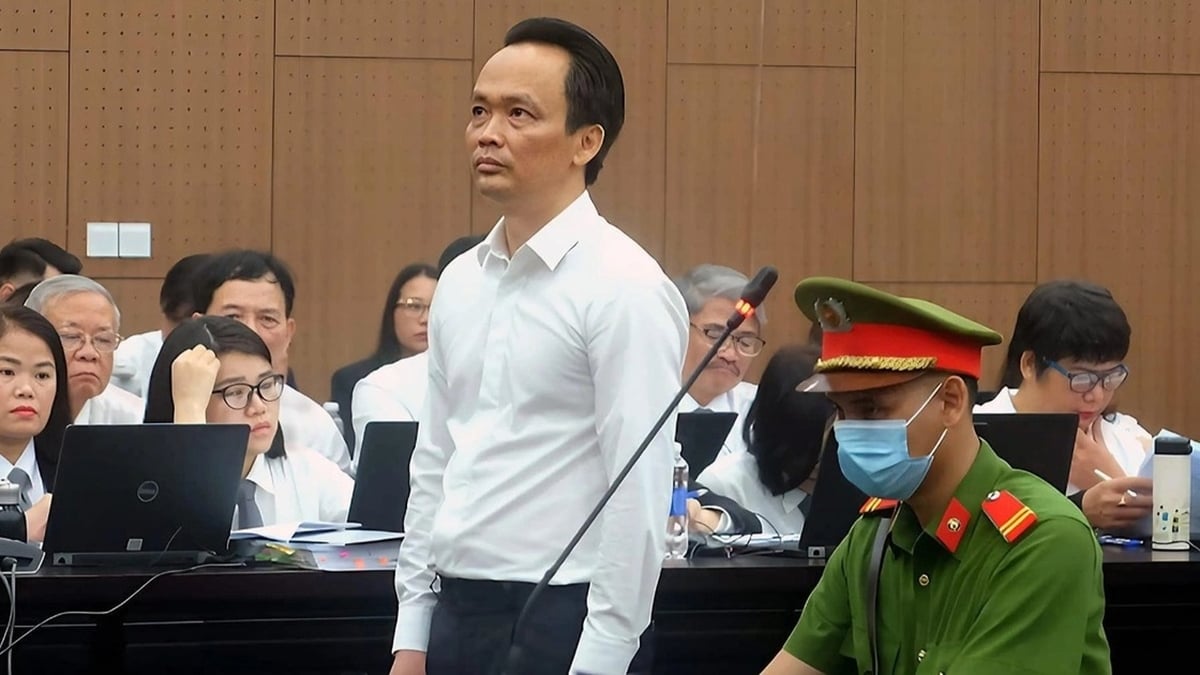
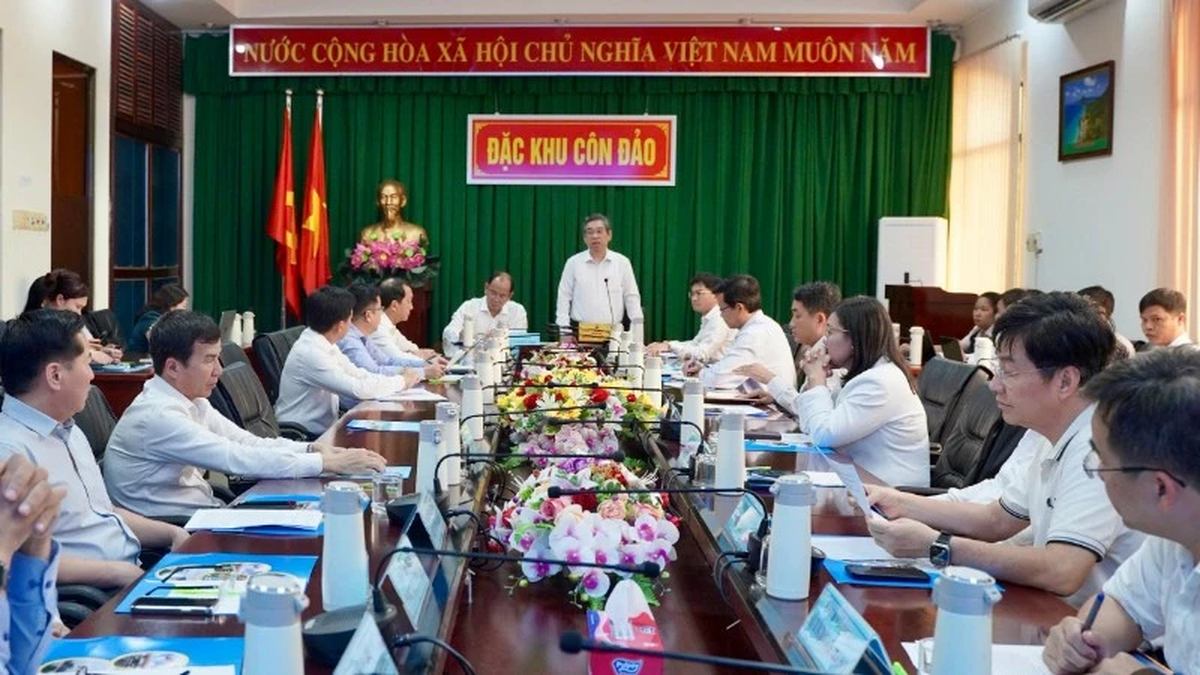
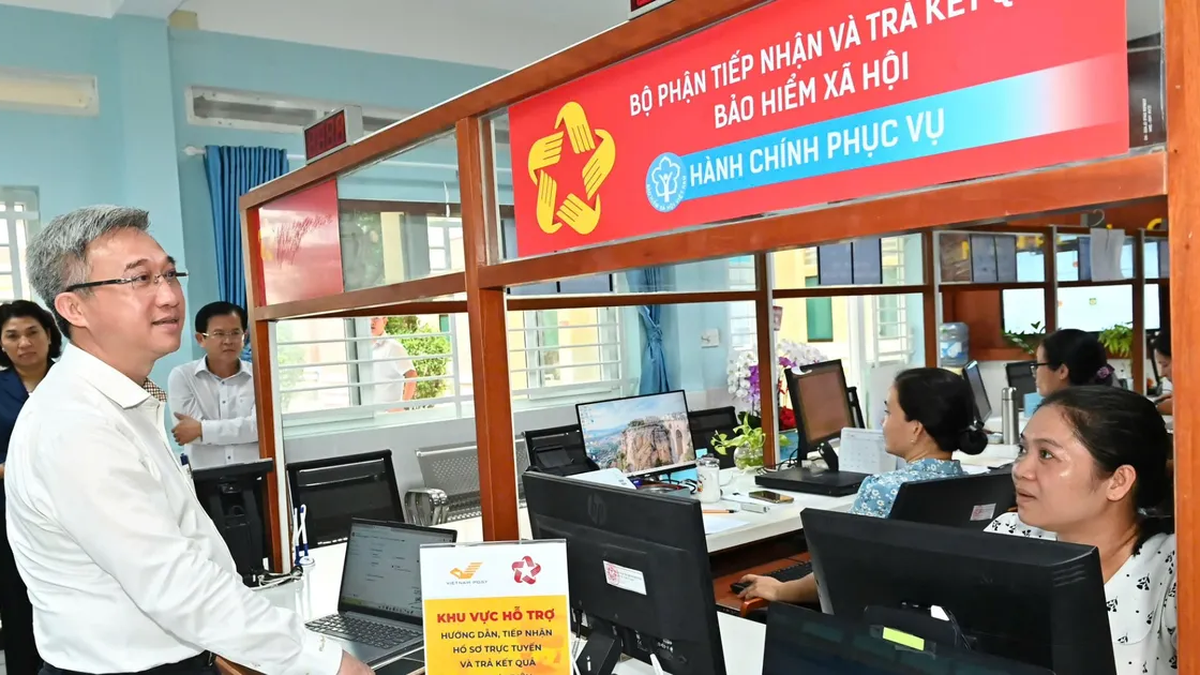

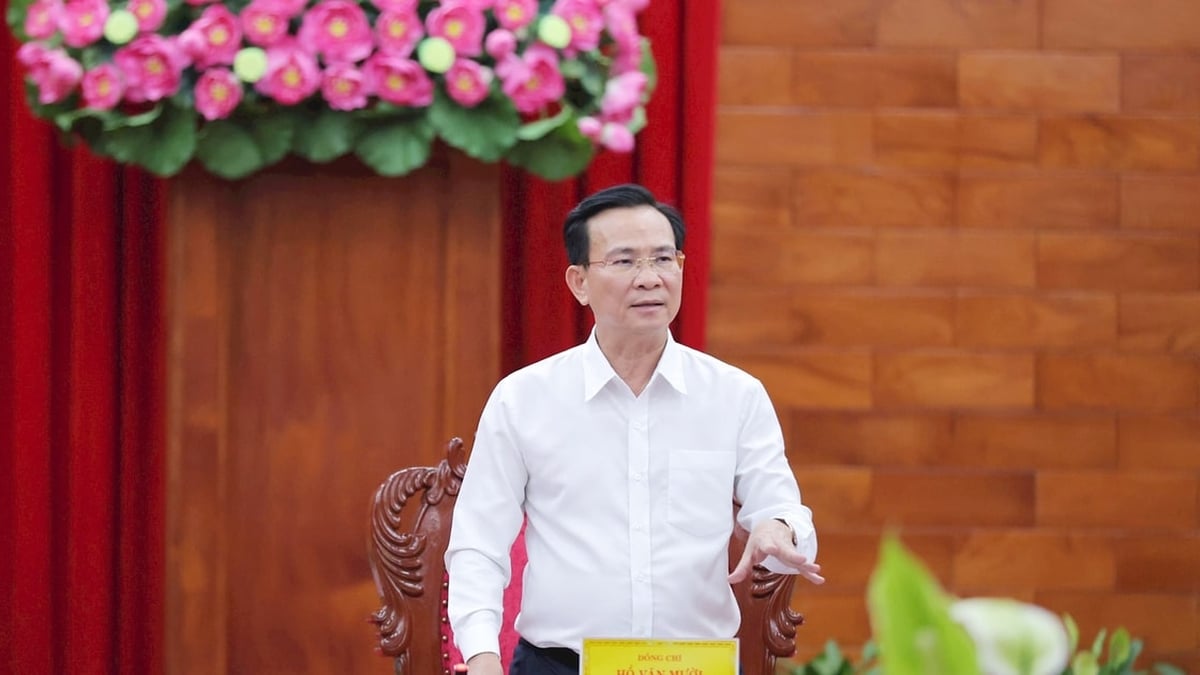

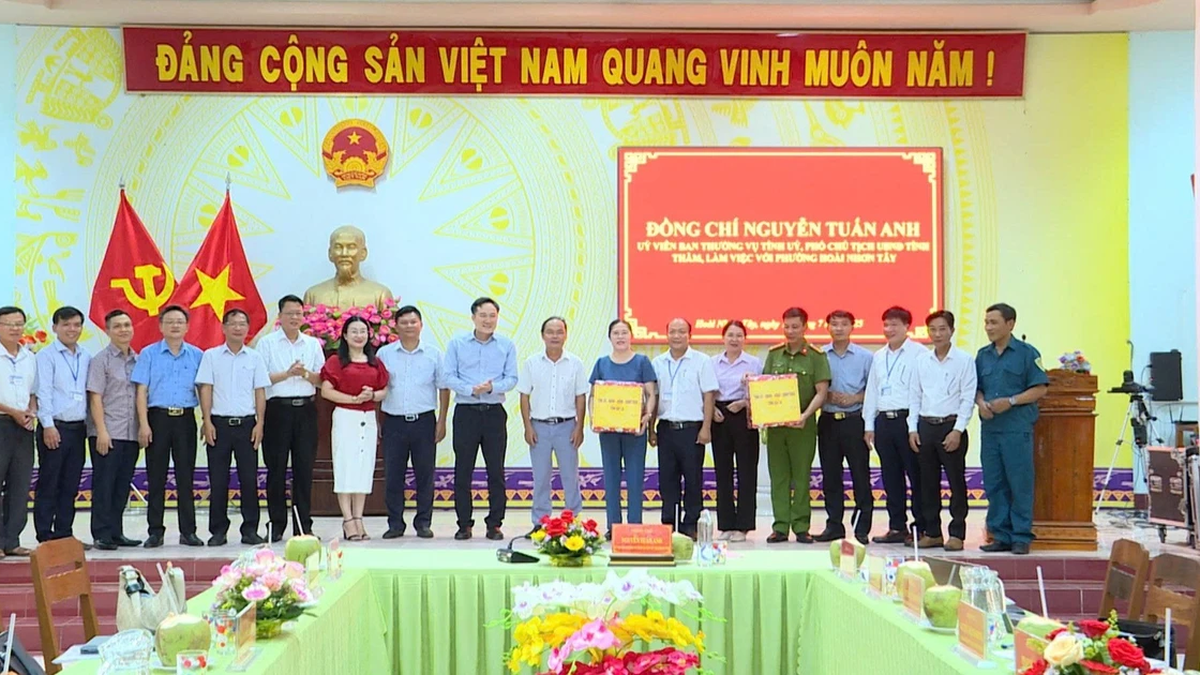








































![[Maritime News] More than 80% of global container shipping capacity is in the hands of MSC and major shipping alliances](https://vphoto.vietnam.vn/thumb/402x226/vietnam/resource/IMAGE/2025/7/16/6b4d586c984b4cbf8c5680352b9eaeb0)












































Comment (0)